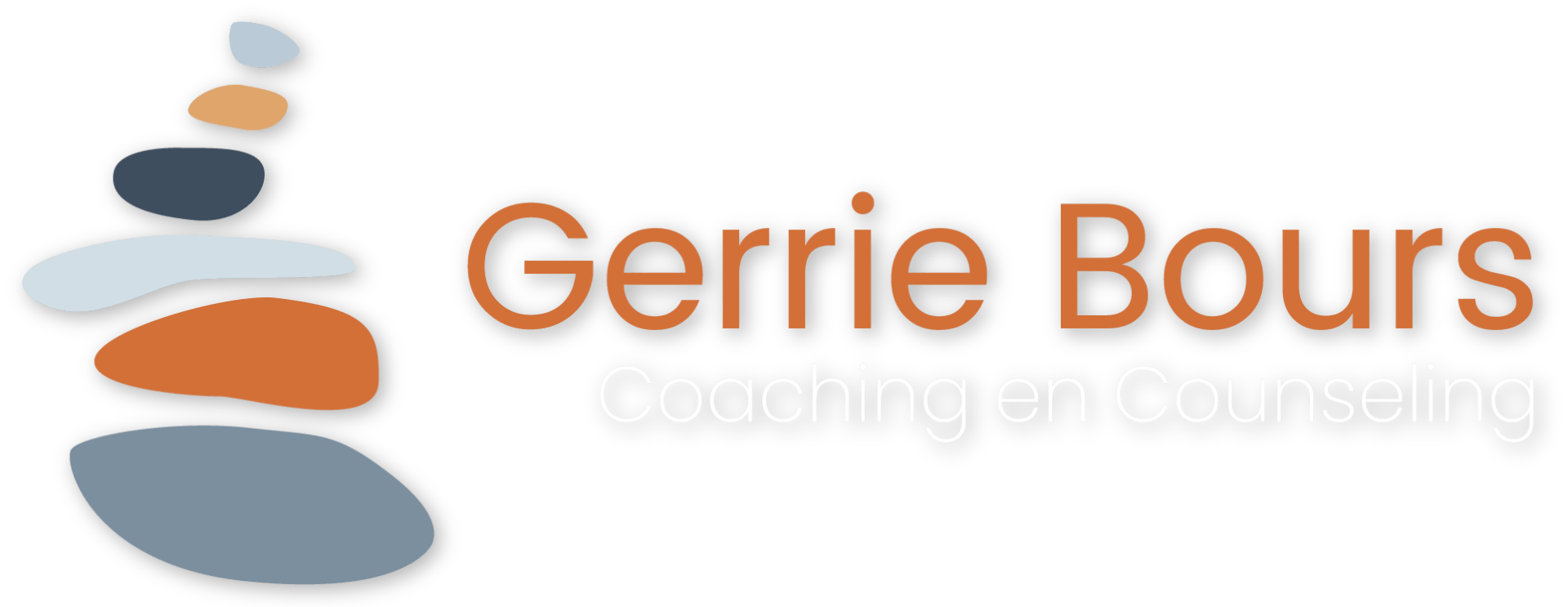Team power
Working together effectively and with more job satisfaction to achieve shared goals.
Team power
For the (further) development of team strength, I start from the prosocial ideas about cooperation. This gives you the best of both worlds: you bring out the best in each other and as a team you are able to perform well. You do this together, based on shared values and in connection with each other.
What is prosocial
Prosocial is a method to make collaboration in teams powerful. It helps to create a sense of belonging by leveraging the passion and motivation that comes from acting on your own needs, values, and goals while meeting the needs, values, and goals of team members. Prosocial is based on the work of Elinor Ostrom, who was awarded the Nobel Prize in 2009. It uses insights from evolutionary theory and contextual behavioral science (Acceptance and Commitment Training: ACT). The principles of evolutionary theory are Variation: clarifying the different ideas in a team so that people can choose consciously; Selection from the possible properties/behavior and consciously choosing from this based on values, Retention: reinforcing the desired behavior or properties. Ostrom has formulated 8 core principles that are preconditions for team strength. ACT helps the team develop more flexibility to commit to the shared goal the team stands for.
The 8 core principles of Prosocial
- Having a common identity and a common goal. Without this commonality, it is difficult to work together. A fair reward and appreciation for the efforts made. Fair and inclusive decision-making. Provide insight into what you are doing. This way you can also support each other if someone is struggling with something. Addressing each other about helpful and unhelpful behavior Fast and fair conflict resolution. The authority to make agreements about the foregoing principles. To cooperate with other teams or groups and to maintain good contacts with them.
ACT matrix
On the way to more prosocial working, a matrix developed by Kevin Polk is used. This matrix is derived from the Acceptance and Commitment Training (ACT). With this matrix you can easily map the individual and collective interests of a group or team. The matrix is a tool to think about two important dimensions of the experience: 'towards' and 'away...from' (what do you want more of or less of); 'outside'/ 'inside' what can people see, hear, smell, taste versus inner experiences such as thoughts, feelings, memories. The image on the right shows an example of a matrix completed by a team.


